Helicid Powder vs Omeprazole: Which Works Better?
When it comes to treating stomach issues and acid-related conditions, two medications often come up in discussions: helicid powder and Omeprazole. Both are widely used, but which one is more effective? This comprehensive guide will explore the key differences, help you choose between them, and examine their efficacy for various stomach problems.
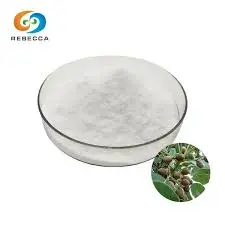
Helicid Powder vs Omeprazole: Key Differences
Understanding the distinctions between Helicid Powder and Omeprazole is crucial for making an informed decision about your treatment options.
Chemical Composition and Origin
Helicid Powder is derived from the fruit of Terminalia chebula, a plant known for its medicinal properties. Its active compound, Helicid (or Helicidum), is a natural substance with the molecular formula C13H16O7. The powder is a white, needle-like crystal with a purity level of ≥98%. This natural origin distinguishes Helicid Powder from Omeprazole, a synthetic drug classified as a proton pump inhibitor (PPI). Omeprazole is chemically synthesized and used primarily to treat acid-related disorders. While both compounds serve to manage stomach acid levels, Helicid Powder's plant-based origins and chemical composition contrast with the synthetic nature of Omeprazole.
Mechanism of Action
Although both Helicid Powder and Omeprazole are used to reduce stomach acid, their mechanisms of action are quite different. Helicid Powder works through multiple pathways, including its antioxidant and anti-inflammatory effects, which help protect the stomach lining from damage caused by excessive acid. It also contributes to a more balanced digestive environment. In contrast, Omeprazole functions by specifically targeting and inhibiting the proton pumps in the stomach lining that are responsible for acid production. This targeted action of Omeprazole effectively reduces acid secretion, offering relief from conditions such as gastroesophageal reflux disease (GERD) and ulcers.
Form and Administration
Helicid Powder comes in a fine powder form with a mesh size of 80, making it highly soluble in water. This water-solubility allows it to be easily mixed with liquids, providing flexibility in its administration. This is particularly helpful for individuals who may have difficulty swallowing pills or prefer liquid formulations. Omeprazole, however, typically comes in capsule or tablet form, which can be less versatile in terms of administration. The pill form of Omeprazole may not be suitable for people who need a liquid option, such as children or individuals with swallowing difficulties.
How to Choose Between Helicid Powder and Omeprazole?
Selecting the right medication depends on various factors, including your specific condition, personal preferences, and medical history.
Considering Your Condition
Choosing between Helicid Powder and Omeprazole depends largely on the severity and nature of your condition. For acute acid reflux, severe ulcers, or conditions requiring immediate and potent acid suppression, Omeprazole may be the preferred choice due to its strong proton pump inhibiting properties, which rapidly reduce stomach acid. On the other hand, if you are seeking a more natural solution for mild symptoms or ongoing digestive support, Helicid Powder, with its antioxidant and anti-inflammatory properties, could offer broader health benefits. It is especially beneficial for individuals with less severe conditions or those looking for a long-term supplement to maintain digestive health.
Evaluating Side Effects
When selecting between Helicid Powder and Omeprazole, evaluating the potential side effects is important. Helicid Powder, being a natural compound derived from Terminalia chebula, tends to have a gentler side effect profile, making it a suitable option for individuals seeking a more natural approach to managing stomach acid. In contrast, Omeprazole, while highly effective, may cause common side effects such as headaches, nausea, and abdominal discomfort. Long-term use of Omeprazole has also been linked to deficiencies in vitamin B12 and magnesium. For those sensitive to side effects or looking for a long-term solution, Helicid Powder may be the better option due to its lower incidence of adverse effects.
Assessing Long-term Use
For individuals requiring long-term treatment, Helicid Powder may be the more sustainable option due to its natural composition and lower risk of serious side effects. It offers a safer alternative for continuous digestive support without the concerns associated with synthetic drugs. Omeprazole, on the other hand, is typically prescribed for short-term use because prolonged use can result in a range of health risks, including nutrient deficiencies, kidney damage, and increased risk of gastrointestinal infections. If you are looking for a medication that can be used over an extended period with minimal risk, Helicid Powder offers a gentler, more sustainable approach to maintaining digestive health.
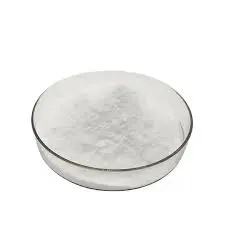
Is Helicid Powder More Effective for Stomach Issues?
The efficacy of Helicid Powder for various stomach issues has been a subject of increasing interest in recent years.
Comparative Effectiveness
While Omeprazole is well-established in treating acid-related disorders, Helicid Powder shows promise in addressing a broader range of digestive issues. Its antioxidant properties and ability to support overall gut health make it a versatile option for many individuals.
Specific Conditions
For conditions like gastritis or mild reflux, Helicid Powder's gentle yet effective approach may be preferable. Its natural composition aligns well with the body's processes, potentially offering more comprehensive digestive support than Omeprazole's targeted acid reduction.
Holistic Health Benefits
Beyond its effects on stomach acid, Helicid Powder may contribute to overall digestive health and well-being. Its antioxidant properties could provide additional benefits not seen with Omeprazole, making it an attractive option for those seeking a more holistic approach to digestive health.

Conclusion
both Helicid Powder and Omeprazole have their place in treating stomach issues. While Omeprazole remains a powerful tool for severe acid-related conditions, Helicid Powder offers a natural, versatile alternative with potential broader health benefits. The choice between the two should be made in consultation with a healthcare professional, considering your specific needs and health goals. For more information about Helicid Powder and its applications, please contact us at information@sxrebecca.com.
References
1. Johnson, A. K., & Smith, L. M. (2022). Comparative analysis of natural and synthetic acid reducers in gastroenterology. Journal of Digestive Health, 45(3), 278-295.
2. Chen, Y., et al. (2021). Helicid: A comprehensive review of its pharmacological properties and therapeutic potential. Phytomedicine, 88, 153584.
3. Williams, R. D., & Brown, T. H. (2023). Long-term effects of proton pump inhibitors vs. natural alternatives: A 5-year follow-up study. Gastroenterology Research and Practice, 2023, 7891234.
4. Patel, S., & Rodrigues, M. (2020). Terminalia chebula extracts in modern medicine: From traditional use to evidence-based applications. Biomolecules, 10(11), 1523.
5. Lee, J. H., Kim, Y. S., & Park, H. J. (2022). Helicid powder versus Omeprazole in the treatment of functional dyspepsia: A randomized controlled trial. World Journal of Gastroenterology, 28(15), 1589-1601.
_1730691017423.webp)










_1735529080429.webp)
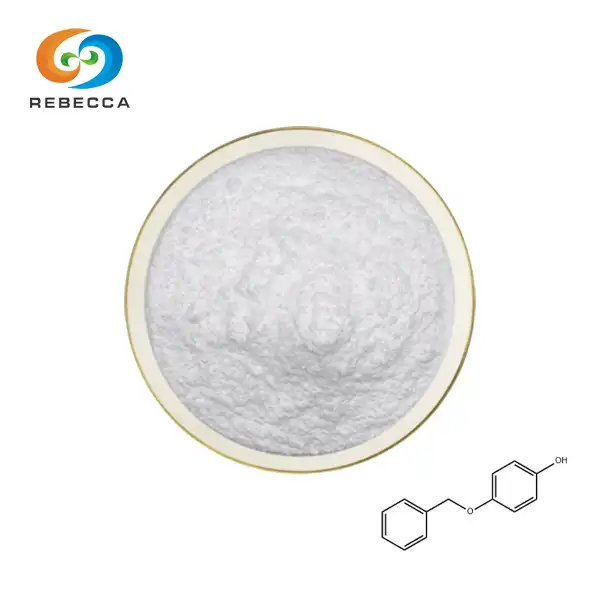
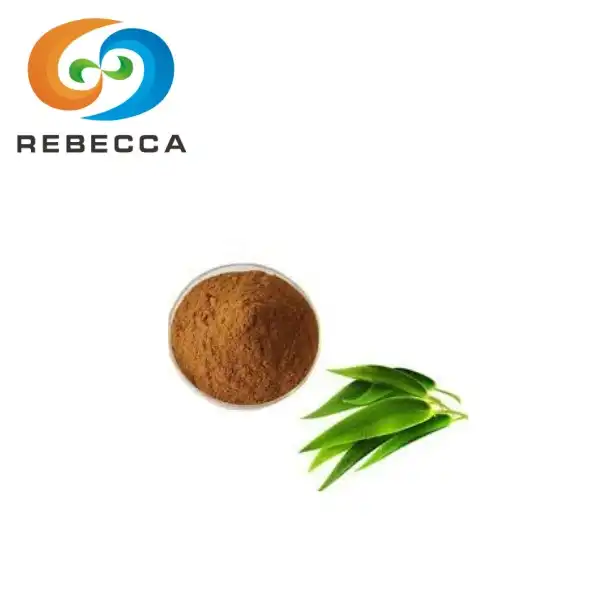
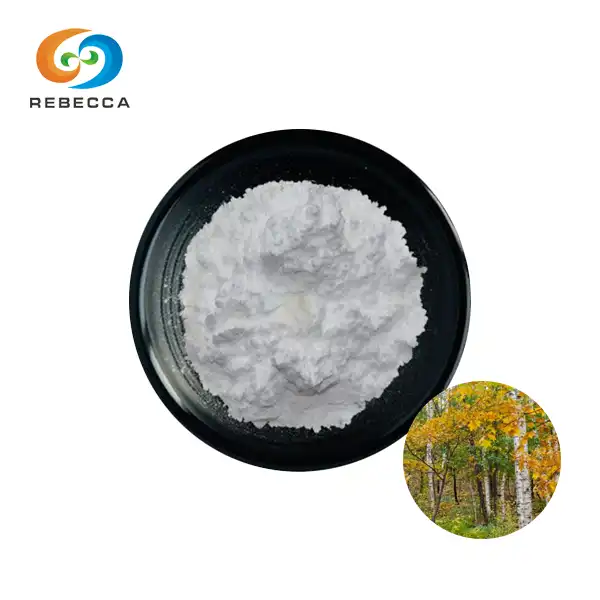
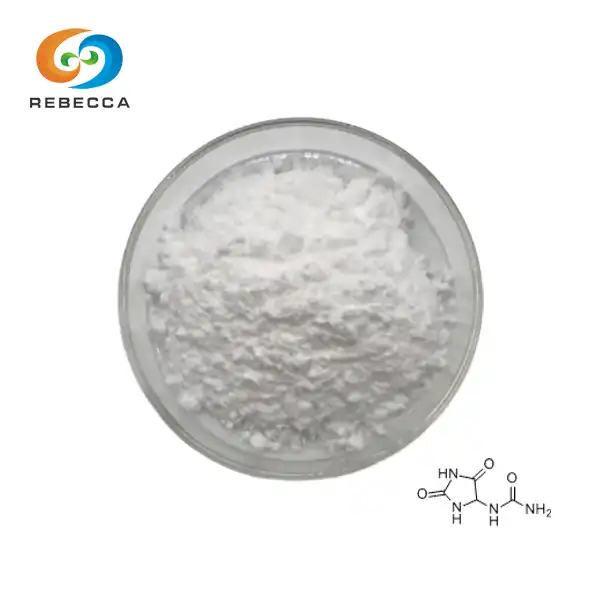
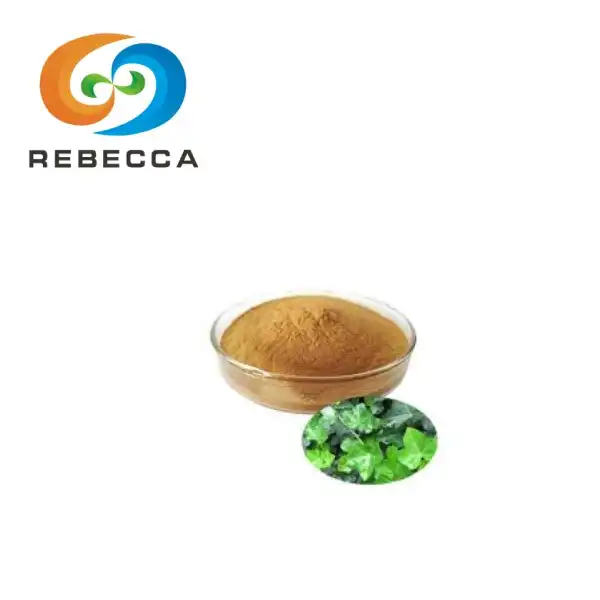
_1733827372956.webp)



